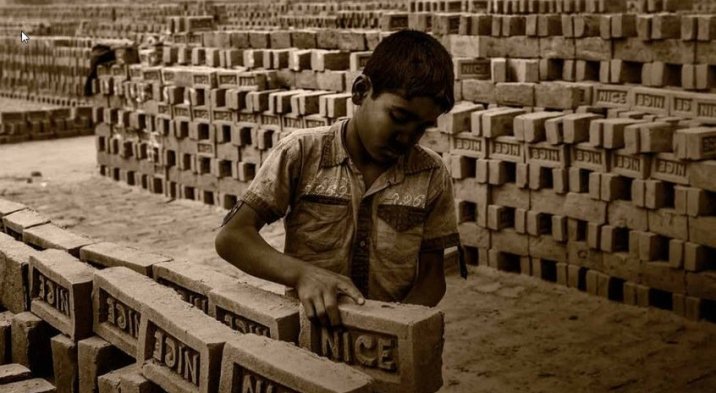
25 November 2014, Global Construction Review
Doha’s success in winning the 2019 World Athletics Championship was unexpected – the US city of Eugene, in Oregon, was favourite. What was more predictable was that the victory would be the signal for another chorus of calls for Qatar to do more to safeguard the welfare of its guest workers, including the army of construction labourers who are engaged in one of the biggest exercises in nation building the world has ever seen: it was announced on 16 November that spending on infrastructure, which grew 16% last year, would increase by double digits next. Altogether, $182bn is to be spent before the end of the decade.
The announcement of the International Amateur Athletics Federation’s decision coincided with two other events. One was a statement by Qatar’s minister for labour and social affairs that the kafala system would be replaced by more conventional employment contracts early next year. This was not a new announcement, however, but a restatement of plans made public in May to allow workers more freedom to contract, freedom to leave Qatar, more secure payment systems and minimum accommodation standards.
Qatar’s slavery problem
The other was the release of a report by the Walk Free Foundation into slavery in the modern world. It found that Qatar had the fourth highest proportion of enslaved people in its workforce, after Mauritania, Uzbekistan and Haiti. Walk Free said that “on a conservative estimate” this amounted to 1.4%, or 29,400.
[…]
The report notes that “migrant workers, predominately from India, Sri Lanka, Nepal, Pakistan, Bangladesh and the Philippines, are subjected to a range of exploitative practices that may amount to forced labour and domestic servitude – namely, extortionate recruitment fees, illegal confiscation of passports, withholding of salaries, excessive working hours, hazardous workplaces, unhygienic living conditions, and physical, psychological and sexual abuse by employers”.
[…]
It also says that companies working in the country should do more to monitor their subcontractors’ behaviour, and in particular “investigate the recruitment practices of suppliers and sub-suppliers, and work with suppliers to compensate staff that have paid excessive recruitment fees”.